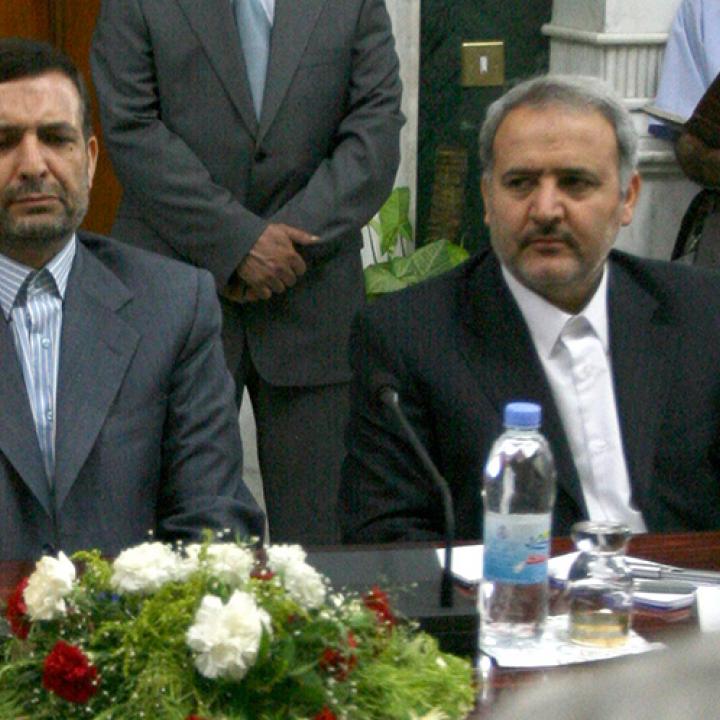
- Policy Analysis
- Fikra Forum
Patrick Clawson’s Comment on Firas Elias "Is Iran close to a major war in Syria?"

Firas Elias is precisely correct that Iran’s Revolutionary Guard Corps (IRGC) is well poised to play a more prominent role in Iranian politics. And he is unfortunately right that this development may well lead to a war, but that would happen for the exact opposite reasons of what he predicts. The problem is not that “the international and regional situation has become more conducive to a war against Iran,” as he writes, but instead the growing influence in Iran of those who are becoming more and more aggressive.
The IRGC is convinced it has achieved great victories by its firm resistance, whereas they think the Rouhani camp has been responsible for defeat after defeat by compromising. The IRGC can point to great successes the Islamic Republic has been having in the region: its rescue of Assad in Syria, the advances of the Houthis in Yemen, the successes of its allies in Iraq, and Hezbollah’s greater power in the new Lebanese parliament.
What the IRGC proposes to do is to turn up the heat: more Houthi missiles on Riyadh, more drone attacks on Israel, getting Iran-backed forces closer to the Golan, and an aggressive stance in Iraq post-election about the continued presence of U.S. forces. That is what lay behind Iran’s rocket attacks on Israel on May 9.
The IRGC is confident that when it pushes harder, Israel and the United States will back off. And if the conflict goes badly for Iran, the IRGC will still paint the results as a great victory. They proudly proclaim the day in 1988 Iran lost half its Navy as a great victory – because they stood up to “Global Arrogance” (their favorite name for the United States).
The IRGC is sure it can achieve successes across the region, and through those successes, strengthen its hand in the domestic political scene. The IRGC smell the scent of victory against their technocratic opponents at home, who look like failures on many fronts (the economy is doing poorly, Iran is still subject to crushing sanctions, and popular discontent is increasing rather than shrinking).
By contrast to the more assertive IRGC, the Trump administration has no interest in another confrontation in the Middle East. President Trump has complained about how much the United States has spent in Middle East conflicts. As he withdrew from the Iran nuclear deal, Trump made clear he was putting economic pressure on Iran so as to get to a new diplomatic bargain – he went out of his way to avoid reference to any prospect of military confrontation.
There may well be a major war involving Iran/Hezbollah and Israel if not also some Gulf states, but the reason is that the IRGC is pushing forward, not because Iran feels itself under any great constraints.

